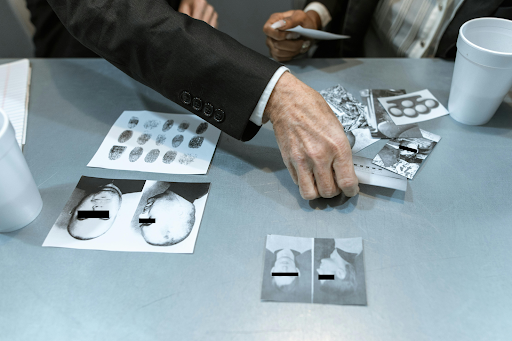Understanding The Different Stages Of A Criminal Case In Canada
Do you know what happens when a person is suspected of a crime? He or she goes through a set of processes to prove their innocence or guilt.
The Canadian justice system has established mechanisms to penalize criminals for minor to serious crimes. Where there is a critical criminal case against you or you have been arrested because of the case, then you should know the law and the procedures.
For any crime committed in Canada, the process begins with arrest and proceeds through various steps set by law. Toronto criminal lawyers help you understand how law and society view the process, while identifying all the loops in your case.
Critical Components Of A Criminal Case
The Canadian criminal trial has a powerful code of regulations. These regulations are a combination of various sources. They include common law, legal precedents, the Canadian Criminal Code, court decisions, the Charter of Rights, and provincial laws.
In Canada, the process of a criminal trial remains the same, with minor variations across provinces. This is due to the regulations that govern the process. Crimes in Canada are primarily categorized into two, namely, indictable and summary conviction crimes, with the former being more serious than the latter. In provincial courts, there are also a few crimes referred to as hybrids. This implies that the Crown is free to decide how to classify them when they are formally charged.
Toronto criminal lawyers understand the seriousness of the case and act accordingly. Less serious crimes are tried in lower courts under summary conviction. A judge, a magistrate, or a justice of the peace determines these cases. In most cases, the maximum fine for such offences is $2,000. The individual may as well spend six months in jail. But, in severe situations, the sentence may reach two years minus one day.
Unique Steps In A Criminal Trial Process
There are several steps in the criminal and trial court process in Canada. Toronto criminal lawyers can guide in overcoming the struggle, while it typically involves eight primary stages, including these steps:
Apprehension Of The Suspect
In Canada, the criminal case process begins at the time of the suspect’s arrest, when police believe that the person has committed a crime. A judge can issue a warrant, and the officers can arrest individuals in the presence of the crime. The arresting officer should inform the suspect of their rights, the reasons for the arrest, and the charges filed against them. The Canadian Charter of Rights and Freedoms requires this.
Provisional Release
Once a suspect is arrested, they may be released pending court appearance. This arises at a bail hearing. During this hearing, the court will determine whether the accused will be released and, if so, how. This is primarily in the interest of safeguarding the rights of the accused, who is deemed innocent, and the culture. These involve the severity of the crime, the evidence against the accused, and the accused’s criminal record.
Initial Court Appearance
A criminal trial process involves the first court appearance, which is significant. This is when the criminal is formally accused of the crime. They can affirm whether they are guilty or not. If the accused lacks a lawyer, the court will inform the accused of his right to be accompanied by Toronto criminal lawyers. It is also decided during this time the next court date or trial date.
Disclosing Information
The disclosure phase occurs when the accused appears before the court for the first time. In this instance, the Crown Prosecutor discloses to the defence all the evidence gathered in the investigation, such as the police report, witness statements and any other relevant material. Disclosure is important because it informs the defence of the nature of the case against the accused and thus contributes to its preparation.
Consultation Before A Trial With The Prosecutor
A crown pre-trial is a discussion between the defence and the prosecutor. They can also negotiate on a plea bargain. A plea bargain is an agreement in which the accused agrees to pay the prosecutor a lesser amount of the damage. This can prove helpful in the case dismissal without trial. It wastes no time and resources.
Pre-Trial Judicial Review
A pre-trial meeting is a pre-trial conference between the judge, the Crown and the defence. This conference will help prepare for trials and address potential issues, including the admissibility of evidence and areas of law that may become relevant.
After all, if that is the procedure, the accused will go to court for a trial where he or she will be found guilty or innocent of the crime. Both sides’ hearings, accusations, and evidence are thoroughly reviewed to reach a fair judgment.
Conclusion
When a criminal offence is committed, it takes a lot from the accused or suspected person. However, navigating these crimes is hard if you are dealing with a serious criminal offence arrest. Here, Toronto criminal lawyers can only save you from all mishaps and bring you some relief from the court and legal bodies.
Keep an eye for more latest news & updates on The Knowledge Arrow!






